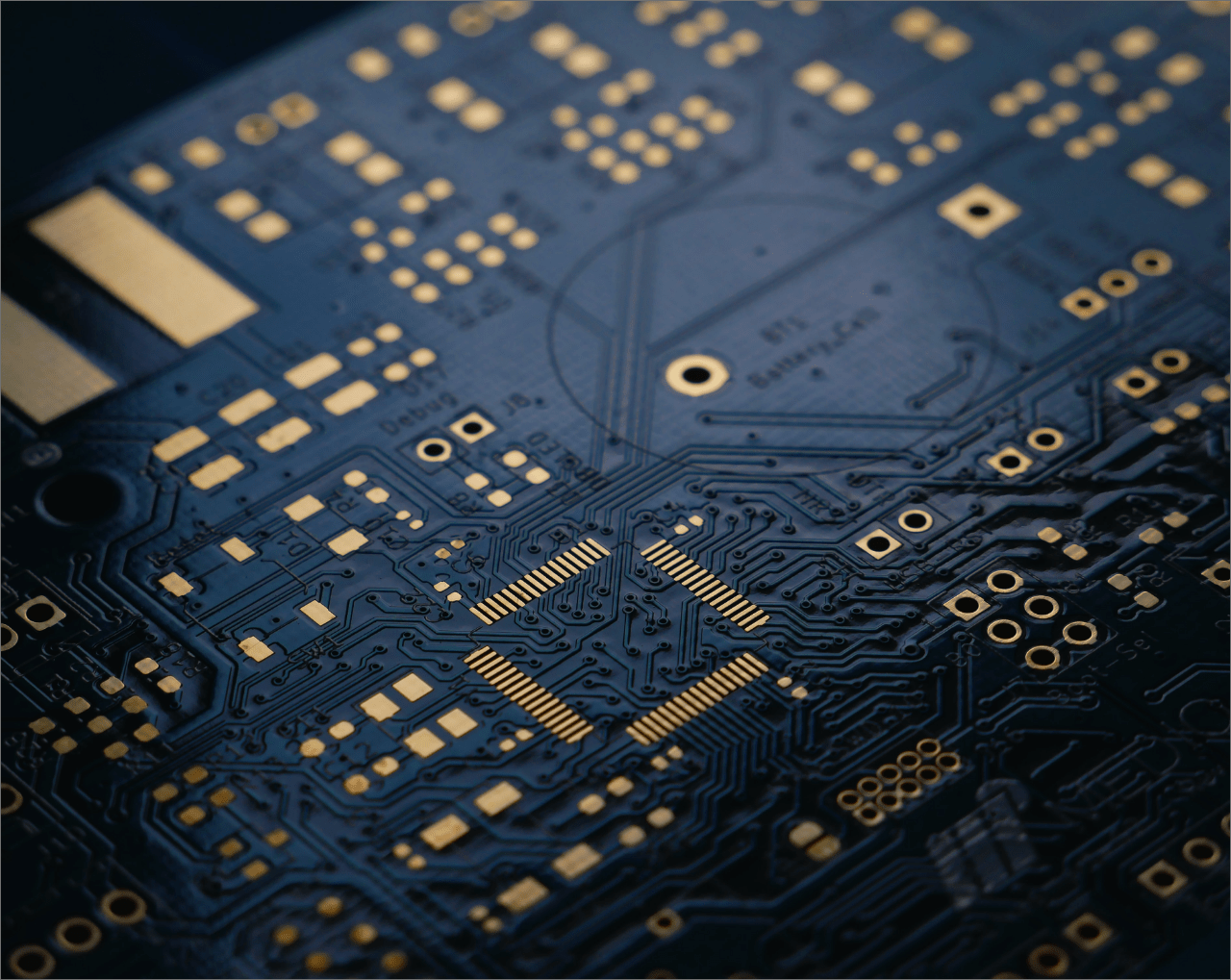WHAT IS AN INDUSTRIAL COMPUTER?
An industrial PC is a computer designed for industrial purposes, such as the production of goods and services. Industrial PCs have higher reliability and precision standards than normal PCs and are generally much more expensive than regular PCs. Usually they use complex instruction sets like x86, otherwise reduced instruction sets like ARM. First Industrial PC produced by IBM which has released 5531 Industrial Computer in 1984.
Many of the technical features of an IPC (industrial PC) and desktop computer such as microprocessor and RAM type, storage medium, interface ports, performance, etc. are actually basically the same. However, the most important feature of industrial PCs is that they are designed to be used in difficult environmental environments such as production facilities.
Industrial computers mostly used in the following applications to be used in all kinds of applications.
- Evaluation, statistical process control and automatic machine equipment control applications for data collection
- Stand-alone or network controller for data collection applications
- Process equipment, motion control
- Production, cell controllers
- General automation and factory applications
The Difference of Industrial PC and Standard (Desktop or Laptop) Type Computers
The industrial computer is specifically designed to withstand harsh workshop environment conditions (extreme temperature, dust, humidity, vibration, energy fluctuations) where standard computers cannot be fully qualified. For this reason, an industrial computer should be chosen instead of a normal computer, especially in production environments.
The following principles should be taken into account in the selection of computers for the production areas of industrial computers.
Physical Durability
Temperature: While normal computers are resistant to 35 ° C, industrial computers can operate in environments with ambient temperatures up to 45-50 ° C.
Liquid / Dust Protection: For panel PCs, IP66 or at least IP65 protection class should be provided on the outer front surface, and IP21 protection class should be provided for PCs to be used inside box type panels.
Some models of industrial computers are fanless, some are provided with cooling fans, which are provided with dust protection, with special filters mounted on the casing externally, usually to keep dust and other similar dirt. Dust protection is at a higher level than standard computers, especially thanks to protection classes such as IP65 - IP66.
Memory Units: Magnetic media (floppy disk, hard disk, CDROM), cooling system components directly and power supply
Shock Impact / Vibration Protection: Disk drives are mounted with shock absorbers providing cushioning and mechanical insulation.
Humidity: Liquid contaminants / coolants frequently used in production and machine environments (sanding machines, machining centers, transfer lines, lathes etc.) negatively affect the computer in the facility. You can reach high relative humidity values with the industrial PC.
Supply Unit: Peak, fluctuating, transient voltages and noise generated by AC power supplies are very common in factory environments. The power supply of computers must be provided under all conditions and always with clean, non-variable DC voltages.
Electromagnetic Compatibility: Proper grounding, protective and proper insulation and electrical design must be provided in accordance with internationally accepted electrical standards.
Expandability and longevity: An IPC configuration provides different usage areas compared to the standard PC configuration with the expandable slots it provides. In addition, since they are more durable (for example, varnished motherboards, vibration-proof memory units, SSD (Solid State disks) using MLC (Multi Layer Cell) technology), they have a long working life.
Certifications: Industrial computers must offer certifications in addition to CE certification, which guarantees that they will be less affected by electrical noise in the environment.
Test Reports: The most important document proving that a computer is industrial is the test reports to be submitted by the manufacturer. Each manufacturer must test its product for heat, vibration, aging, water and dust resistance. It should also be able to present to the customer when requested.
Processor
When purchasing an industrial computer, criteria such as the strongest and fastest processor and the highest RAM are demanded when purchasing a normal computer. Because the aim is to ensure that it is suitable for the software that will be updated over time. Therefore, users do not hesitate to strain their budgets while purchasing a computer. However, the vast majority of industrial computers do not see updates after they start to work at the point of application and are not used in different areas. For this reason, when choosing an industrial computer, not the top model processor, but a "sufficient" level processor should be selected.
Today, industrial PCs are widely used in many areas, from industrial automation to data collection, from transportation to defense, from kiosks to markets. The development of industrial computers also shows the progress in science and technology. In the future, the industrial market will continue to evolve with increasing expectations. Currently, users are looking for convenience, speed and efficiency. At this point, the answer to the expectation is given by industrial computers.

